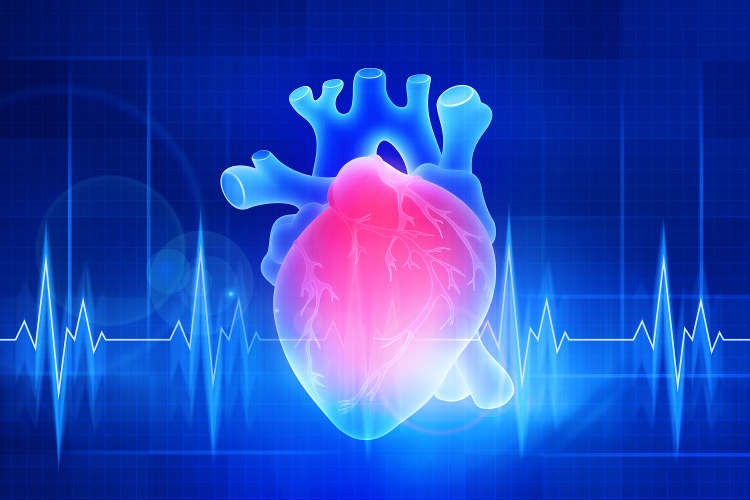Patients who survive a heart attack and sudden cardiac arrest have a higher chance of dying within six years after being discharged from the hospital.
According to new research published today in the Journal of the American Heart Association, this is the case.
When blood supply to the heart is impeded, a heart attack occurs, and sudden cardiac arrest occurs when the heart malfunctions and ceases pumping unexpectedly. If not treated quickly, cardiac arrest can be deadly.
The majority of heart attacks do not result in cardiac arrest. However, heart attack is a common cause of abrupt cardiac arrest.
The study uses data from 13,444 patients gathered between 2010 and 2017 by researchers from the National Institute of Health Research Health Informatics Collaborative (NIHR-HIC), which is directed by Imperial College Healthcare NHS Trust and Imperial College London. The Imperial Biomedical Research Centre of the National Institute for Health Research (NIHR) financed the research (BRC).
It demonstrates for the first time that individuals who had heart attacks followed by sudden cardiac arrest were more likely to suffer problems. Those who experienced a cardiac arrest at the time of their heart attack were twice as likely as those who only had a heart attack to develop ventricular arrhythmia (abnormal heart rhythms) (VA).
Arunashis Sau, the study’s first author and a Clinical Research Fellow at Imperial College London, said further:
“This is the first research to discover a relationship between heart attacks and abrupt cardiac arrests, as well as early mortality after surviving the first episode. Our results have major consequences for this patient population and how we treat them. The study begs the question of what else we may do to enhance these patients’ outcomes by perhaps providing more therapy alternatives.”
Doctors treat heart attack patients by unblocking coronary arteries and prescribing beta blocker medications to help the heart calm down. Patients who have a cardiac arrest are given a defibrillator, which is a device that delivers a high-energy electric shock to re-start the heart.
Previous research has revealed that individuals who suffer a heart attack and then have a sudden cardiac arrest may be a subset of people who are more likely to develop problems like VA.
These trials, on the other hand, have inadequate long-term patient follow-up data and are substantially smaller.
Researchers wanted to look into it.
The goal of the study was to look at the long-term effects of abrupt cardiac arrest on heart attack patients.
They looked studied the medical records of 13,444 heart attack patients who were admitted to and released from five NHS Trust hospitals in England. They were followed up on for three years on average. A total of 280 individuals survived a heart attack or cardiac arrest and were released.
They discovered that these patients were more than twice as likely to have VA at a later date. They also discovered that compared to individuals who had a heart attack but not a cardiac arrest, there was a 36% increase in death within three years after discharge.
Further study is needed to completely determine how to lower the risk of recurrent VA in this population, as well as whether an ICD should be considered for patients who arrive with cardiac arrest and a heart attack, according to the researchers.





